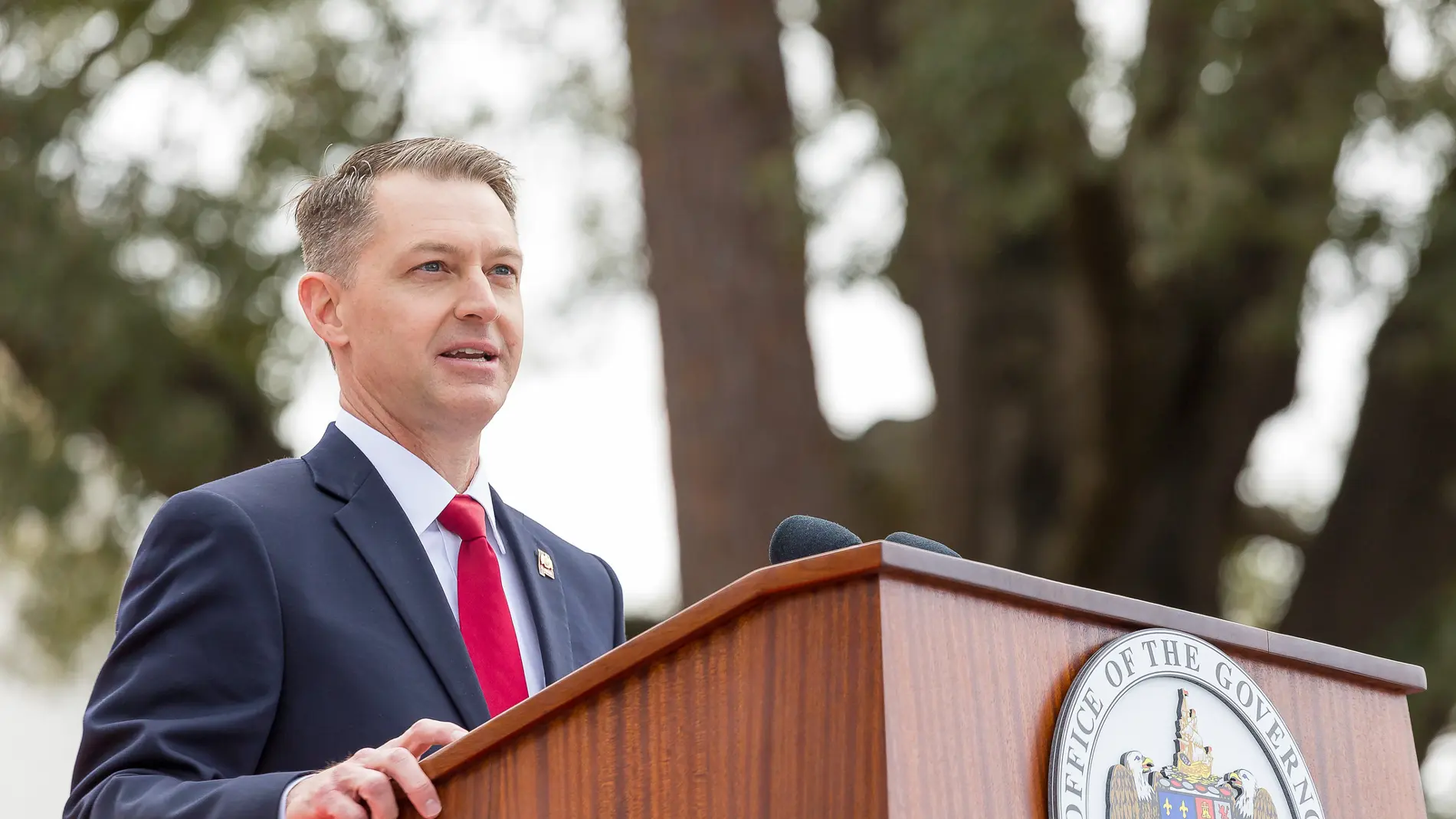|
Getting your Trinity Audio player ready...
|
In a move that’s sparking controversy and raising eyebrows across the political spectrum, Alabama Secretary of State Wes Allen has thrown a wrench into the gears of the Democratic National Convention’s scheduling. In a bold declaration that many are calling a political gambit, Allen informed both the state and national Democratic parties that their planned convention date is in direct conflict with Alabama’s election laws.
Scheduled to kick off on August 19, the Democratic National Convention is seemingly out of sync with Alabama’s legal requirements, which dictate that the party’s presidential nominee must be certified by August 15 to secure a spot on the November ballot. In essence, the timing threatens to leave presumptive nominee Joe Biden off the Alabama ballot, stirring up a storm of debate and speculation about the motivations behind Allen’s announcement.
In his correspondence with Randy Kelley, the chair of the Alabama Democratic Party, Allen laid out the stark reality: if the Democrats fail to meet the state-imposed deadline, they risk forfeiting their place in Alabama’s general election. This has not only put the Democrats on high alert but also ignited discussions about the fairness and implications of such a deadline, especially considering the state’s legislative history.
In a twist that adds layers to this unfolding drama, it’s been pointed out that in 2020, Alabama’s legislature made a special accommodation for the Republican National Convention, adjusting deadlines to ensure the GOP’s nominees would not face similar ballot access issues. This move, supported unanimously at the time, including by Allen himself, is now under the microscope as Democrats question why a similar concession isn’t being extended to them.
With the Republican National Convention slated for mid-July, well before the contentious deadline, the GOP faces no such hurdles this year. This discrepancy has fueled accusations of partisanship and sparked a broader dialogue about electoral equity and the role of state officials in potentially influencing election outcomes.
As Alabama sits at the epicenter of this electoral storm, the question looms: will the state legislature step in to offer a lifeline to the Democrats, or will this deadline dispute escalate into a full-blown electoral crisis? The nation watches, waits, and debates as the clock ticks down to August 15, a date now marked with significant political and legal implications for the 2024 presidential race in Alabama.



















































